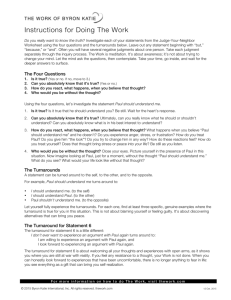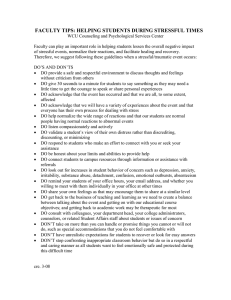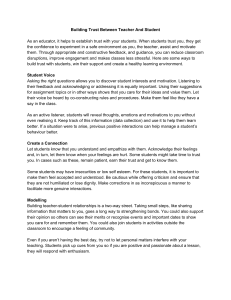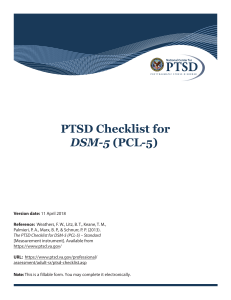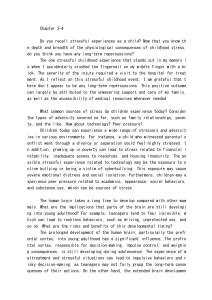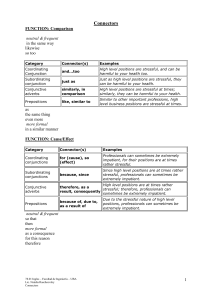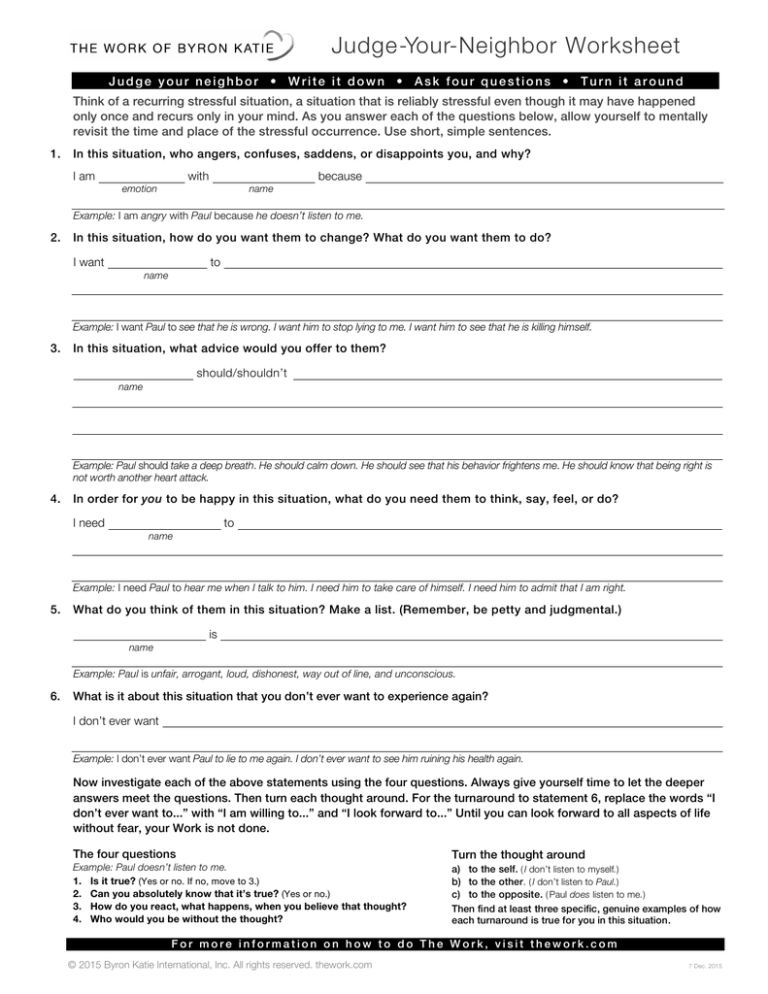
Judge-Your-Neighbor Worksheet
Judge your neighbor • Write it down • Ask four questions • Turn it around
Think of a recurring stressful situation, a situation that is reliably stressful even though it may have happened
only once and recurs only in your mind. As you answer each of the questions below, allow yourself to mentally
revisit the time and place of the stressful occurrence. Use short, simple sentences.
1.
In this situation, who angers, confuses, saddens, or disappoints you, and why?
I am
with
emotion
name
because
.
Example: I am angry with Paul because he doesn’t listen to me.
2.
In this situation, how do you want them to change? What do you want them to do?
I want
to
name
Example: I want Paul to see that he is wrong. I want him to stop lying to me. I want him to see that he is killing himself.
3.
In this situation, what advice would you offer to them?
should/shouldn’t
name
Example: Paul should take a deep breath. He should calm down. He should see that his behavior frightens me. He should know that being right is
not worth another heart attack.
4.
In order for you to be happy in this situation, what do you need them to think, say, feel, or do?
I need
to
name
Example: I need Paul to hear me when I talk to him. I need him to take care of himself. I need him to admit that I am right.
5.
What do you think of them in this situation? Make a list. (Remember, be petty and judgmental.)
is
name
Example: Paul is unfair, arrogant, loud, dishonest, way out of line, and unconscious.
6.
What is it about this situation that you don’t ever want to experience again?
I don’t ever want.
Example: I don’t ever want Paul to lie to me again. I don’t ever want to see him ruining his health again.
Now investigate each of the above statements using the four questions. Always give yourself time to let the deeper
answers meet the questions. Then turn each thought around. For the turnaround to statement 6, replace the words “I
don’t ever want to...” with “I am willing to...” and “I look forward to...” Until you can look forward to all aspects of life
without fear, your Work is not done.
The four questions
Turn the thought around
Example: Paul doesn’t listen to me.
1. Is it true? (Yes or no. If no, move to 3.)
2. Can you absolutely know that it’s true? (Yes or no.)
3. How do you react, what happens, when you believe that thought?
4. Who would you be without the thought?
a) to the self. ( I don’t listen to myself.)
b) to the other. ( I don’t listen to Paul.)
c) to the opposite. ( Paul does listen to me.)
Then find at least three specific, genuine examples of how
each turnaround is true for you in this situation.
For more information on how to do The Work, visit thework.com
© 2015 Byron Katie International, Inc. All rights reserved. thework.com
7 Dec. 2015

